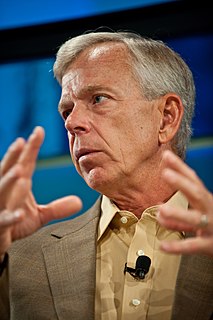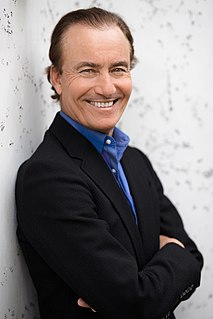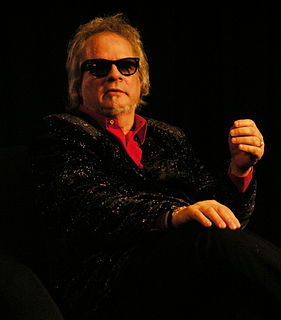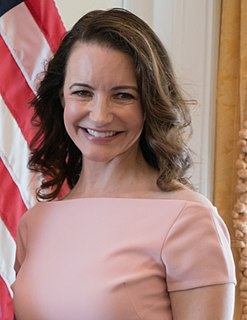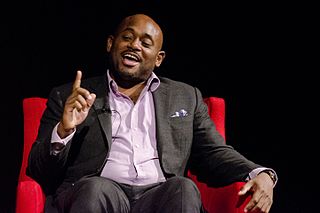A Quote by Joan Rivers
When you're first-generation money, you want to say, "I got a Mercedes and a Rolls and a Lamborghini. Take a look." When you're second-generation money, you're very quiet behind your country club doors. I think that's why people are much more aware. It's the first-generation wives that have the huge rings and the second-generation says, "Everyone be quiet as we get on our yacht or our private plane."
Related Quotes
If you look at the first generation of wireless, it really lasted about 15 years before we went to the second generation. When we implemented the fourth generation, which allowed us to do all the smartphones and the videos, the time between that and going to the fifth generation is going to be four years.
Today's children are living a childhood of firsts. They are the first daycare generation; the first truly multicultural generation; the first generation to grow up in the electronic bubble, the environment defined by computers and new forms of television; the first post-sexual revolution generation; the first generation for which nature is more abstraction than reality; the first generation to grow up in new kinds of dispersed, deconcentrated cities, not quite urban, rural, or suburban.
The Donald Trump who showed up at this press conference, though he did extend his hand to President Pena Nieto, say, I consider you a friend, he said he talked about first-generation, second-
generation, third-generation Mexican-American, he said - his words here - he considers them beyond reproach.
Ten years have now passed since many of us first felt the jolt of history-when the second plane crashed into the South Tower of the World Trade Center. We knew from that moment that things can go terribly wrong in our world-not because life is unfair, or moral progress impossible, but because we have failed, generation after generation, to abolish the delusions of our ignorant ancestors.
I think after Iceland's independence in 1944, we were not very sure of ourselves and our confidence was really low. It took one generation to sort of get over that. I'm second generation. My parents were born in 1945-46. Our movement at the punk times was like, we can sing in Icelandic, we are strong.
It became obvious to me that the generation who changed the world were my parents' generation, and not only in terms of the Second World War, but if you look at all the social legislation of the '60s - abortion, homosexual law reform, equal pay - it wasn't done by my generation; it was done by people who were adults.
The thing we need to work on as a country is our educational system. To me, that is something that our generation needs to be focused on. To make sure that for our next generation, every child - no matter what background, no matter what ethnicity, no matter whether they're whatever gender - that they are all educated to have real equal opportunity. That's number one for me. But I have no question that if it's not our generation that will make sure that that happens that it will be our children's generation.

